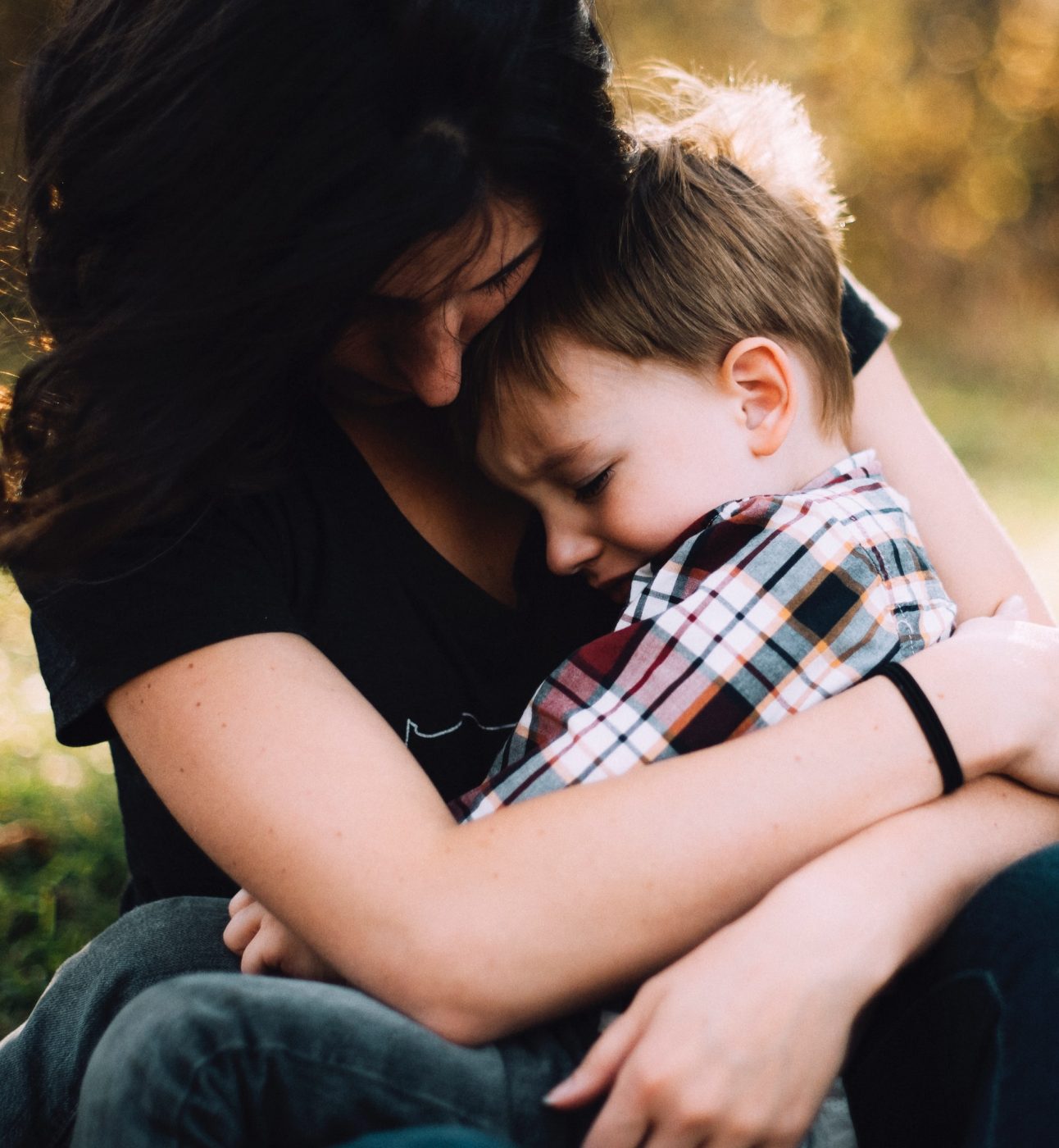Survivor voice informs everything we do at SafeLives. In preparation for the new Domestic Abuse Bill, we created an online platform called Every Story Matters, so that as many people as possible could raise their voices and say in their own words what needs to change. Hundreds of people responded to that call in just a few weeks and, without being directly asked about it, many survivors recounted experiences of their interactions and involvement with Children’s Social Care. Alongside our Insights data, this blog will look at what survivors of domestic abuse who are also parents, have told us about how they’ve felt when Children’s Social Care have intervened with their family.
First, to the data. Our 2017-2018 Insights national dataset, revealed that where there was abuse in the family home, 60% of these families were known to Children’s Social Services. Although this blog will focus on the 60%, it’s shocking to see that 40% of families are not on Social Services radar – and are therefore completely unknown and unsupported by Children’s Social Care.
Insights data from 2016-2017, showed that families known to Children’s Services were significantly more likely to have disclosed complex needs, including drug misuse (6% vs 2%), alcohol misuse (8% vs 3%) and/or mental health issues (36% vs 26%), compared to families with children who are not known to Children’s Services. This Insights dataset also suggests that families with Children’s Services involvement are more likely to be experiencing physical violence (71% vs 57%); one of the most visible forms of abuse.
In Every Story Matters, survivors told us they feel there is a lack of understanding of the more hidden abusive behaviours, such as coercive and controlling behaviour. Education and training on the complexities of domestic abuse, they felt, is the crucial change that is needed within Children’s Social Services and beyond. Survivors particularly felt that perpetrators used ‘tactics’ and ‘charming behaviour’ when social workers were involved and that these manipulative behaviours were not understood by Children’s Social Care. Here is an example of what one survivor feels needs to be done to better protect children where there is domestic abuse in the house:
The conflict between Social Services, Cafcass and the courts was also a common theme when survivors spoke about Children’s Social Care. Survivors found that Children’s Social Services had completely different views to that of the court and Cafcass and that they felt contradicted at every turn. When Social Services decided that there was to be no contact with the perpetrator, survivors would then be told by the courts that contact had to happen. Survivors found this confusing, worrying and dangerous for the children. One survivor wrote:
Victim blaming by Children’s Social Services, alongside a fear of the children being removed from survivors’ care was another concern that was mentioned by more than one survivor. Survivors were frustrated that they were made to feel as though the abuse was their fault, with no responsibility being placed on the perpetrator. A strong fear of what Social Services would do if they found out about the domestic abuse was also expressed by survivors, from the stigma attached to having Social Services involved with the family to the removal of children from survivors’ care. One survivor, who was abused by their son, shared this story:
Survivors also told us that Children’s Social Care can and do make a difference to families. When Social Services provide survivors of domestic abuse and their children with the help and support they need, the experience of the intervention is dramatically different. A number of survivors told us that they chose to go to Social Services for help and one survivor wrote about how positive their experience with Children’s Social Care was, particularly the support their children received. When services work together, when there are domestic abuse advisors involved and when Children’s Social Care are supportive to the victim, the outcome for survivors and their children can be lifechanging as this final uplifting survivor story illustrates:
Hearing the voices of survivors and lifting up their experiences as individuals and as a collective voice is crucial to understanding how Children’s Social Care can really support survivors and their children. SafeLives will continue to listen to and share these voices to make sure survivors’ experiences influence everything we do to create a positive change.


